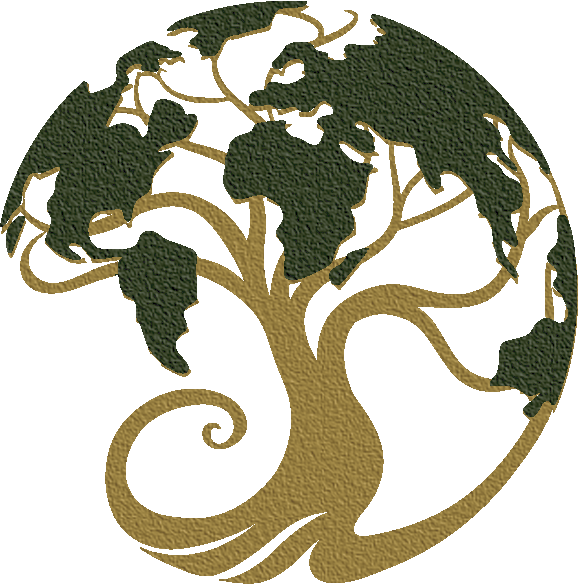Ayurveda: The Science of Life
Ayurveda often called the “Mother of All Healing”, is a complementary system of healing originating in India over 5000 years ago. More than a mere system of treating illness, Ayurveda is a “Science of Life”, (Ayur = life, Veda = science or knowledge). The ancient wisdom of Ayurveda provides specific guidelines to help us identify our constitutional nature and provides us with ways to live gently and harmoniously on the Earth while fulfilling our own health and personal needs.
In Ayurveda, a body, mind and consciousness work together in maintaining balance. A lifestyle approach, Ayurveda emphasizes prevention through offering guidelines on ideal daily and seasonal routines, nutrition, exercise, and the proper use of the senses and herbs. Through a constitutional approach, the knowledge of Ayurveda enables one to stay vital and fulfill one’s potential
Ayurveda embodies concepts of body-mind care which include spiritual philosophies that transcend religious orthodoxy. Ayurveda, when translated means “The Science of Life”. It represents a practical application of universal philosophical concepts based on universal life energy – ‘Prana’. Ayurveda recognizes the importance of physical balance, emotional peace, mental health, environmental mindfulness and spiritual progression in the total health picture.
Understanding Your Constitution
Constitutional medicine is a simple means of determining what you are born with, the combination of principles or forces that determine your individuality. Your constitution reveals the blueprint outlining the innate tendencies that have been built into your system. It shows functional habits of the body as determined by the genetic endowment of the individual and modified by environmental factors. It reveals your uniqueness and your hidden potentials – your challenges and lessons along with your gifts. Your personality, body and mind are a direct reflection of your constitution.
Constitutional medicine is the art and science of understanding the uniqueness of the individual. The main difference between individuals is the degree to which the elements of Air, Fire, Water, Earth and Ether interact with one another within the person. The ratio of the elements in your constitution and the qualities it expresses are unique to every individual, as are our fingerprints.
“The basic constitution of the individual remains unaltered during the lifetime, as it is genetically determined. The combination of elements present at birth remains constant. However, the combination of elements that governs the continuous physio-pathological changes in the body alters in response to changes in the environment“.
— Dr. Vasant Lad
Knowing your constitution is the first step to anticipating the type of disorders and imbalances that can create dis-ease. Equally, this knowledge enables you to adjust your life to keep your elements balanced.
The Doshas
The three main constitutions, also called ‘doshas’ are known as Vata, Pitta, and Kapha. The five elements can be seen to exist in the material universe at all scales both organic and inorganic, from peas to planets. When they enter into the biology of a living organism, man, for example, they acquire a biological form. This means that the five elements are coded into three biological forces which govern all life processes. These three forces are known as the three doshas, or simply, the tridosha. The tridosha regulates every physiological and psychological process in the living organism. The interplay among them determines the qualities and conditions of the individual. A harmonious state of the three doshas creates balance and health; an imbalance, which might be an excess or deficiency, manifests as a sign or symptom of disease.
CategoriesAyurvedic Medicine
Ayurveda: The Mother of Natural Medicine
Ayurvedic Herbal Medicine: Oldest System of Natural Healing in the World

